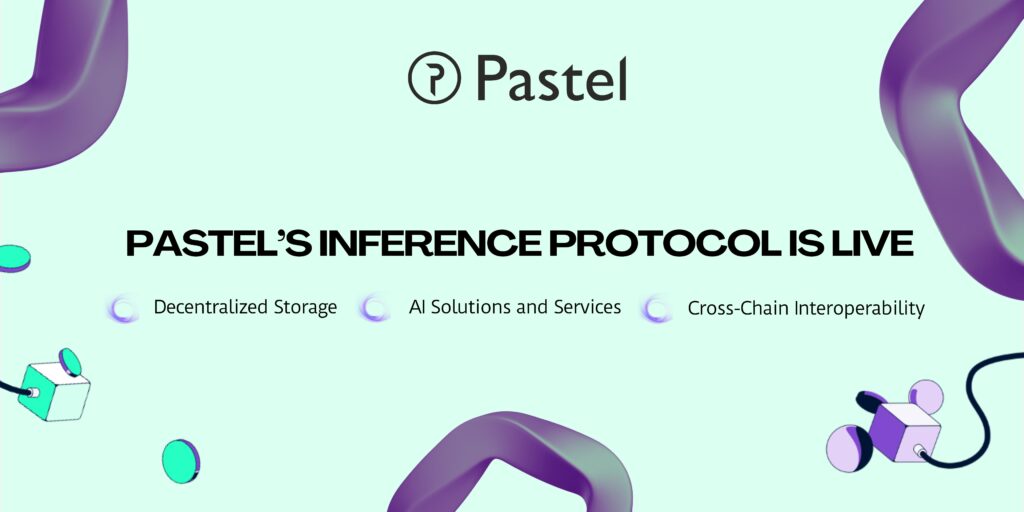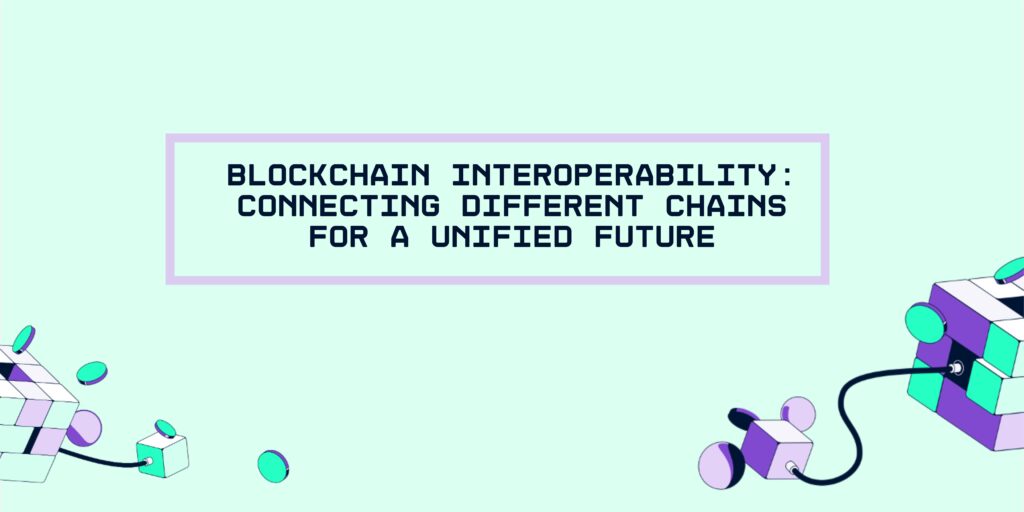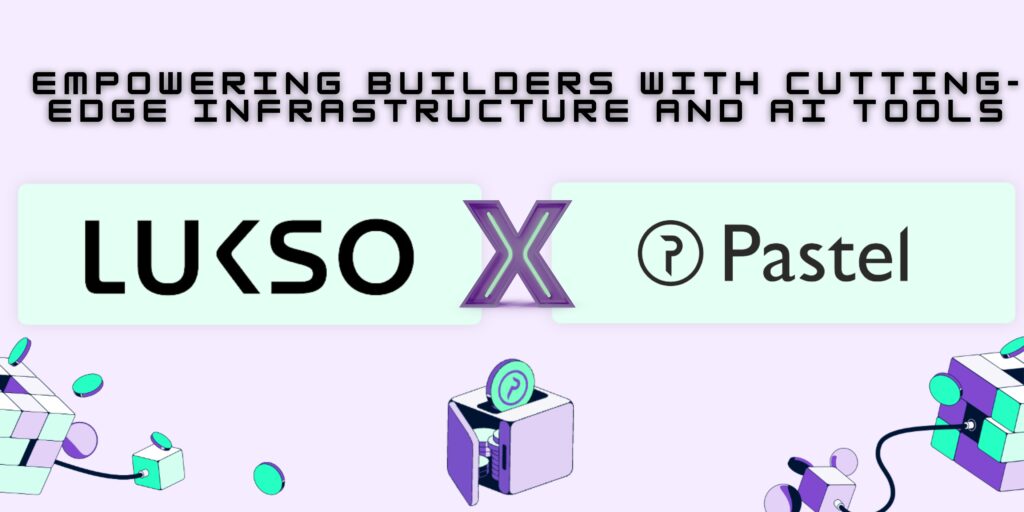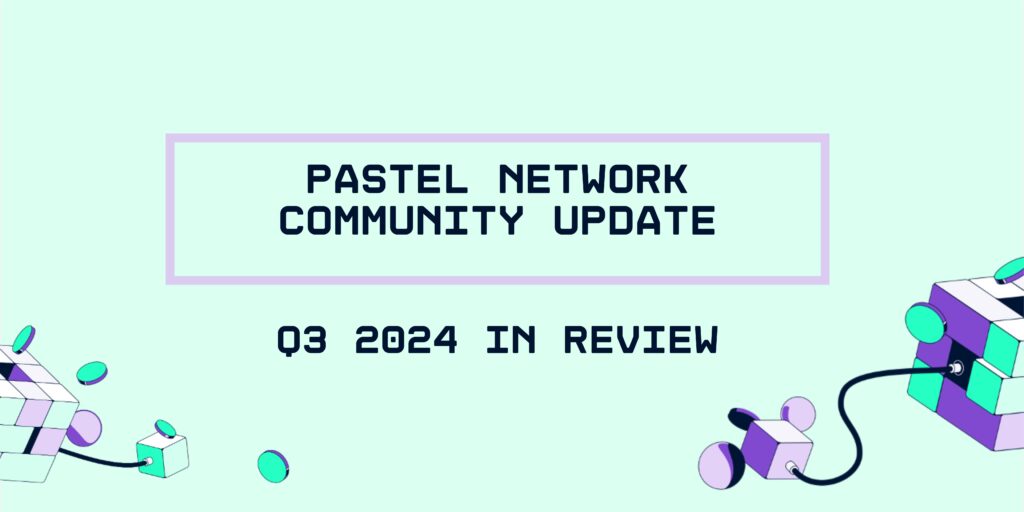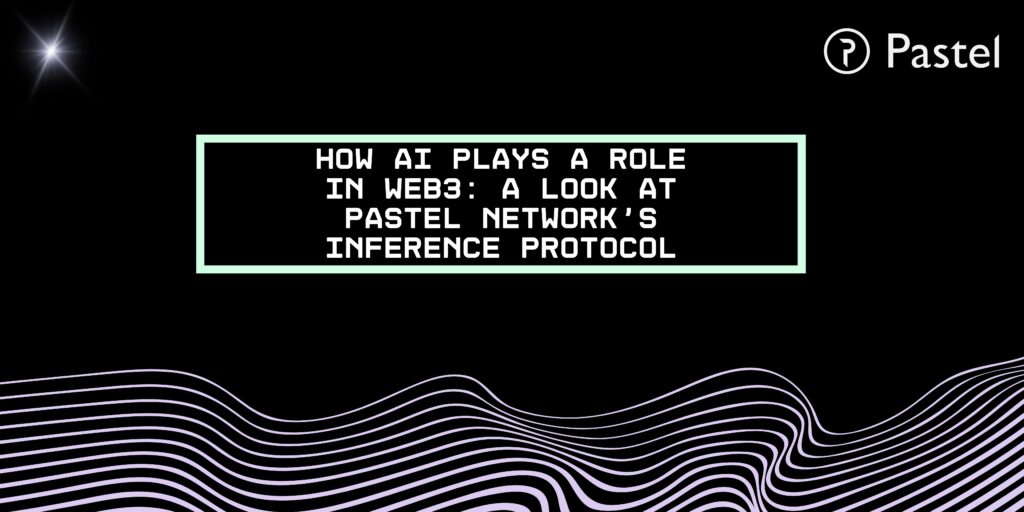Decentralized Finance, or DeFi, is revolutionizing the financial industry by leveraging blockchain technology to create an open, transparent, and permissionless financial system. At the heart of this transformation are smart contracts, which automate and enforce the rules of financial transactions without the need for intermediaries. This article explores the role of smart contracts in DeFi, highlighting their impact on the financial ecosystem and the benefits they bring to users worldwide.
What Are Smart Contracts?
Smart contracts are self-executing contracts with the terms of the agreement directly written into code. These contracts run on blockchain networks, most commonly on Ethereum, and automatically enforce the terms and conditions of a contract when predetermined conditions are met. Unlike traditional contracts, which require intermediaries like lawyers or notaries, smart contracts execute autonomously, ensuring trust and transparency in transactions.
How Smart Contracts Power DeFi
- Automating Financial Services: Smart contracts are the backbone of DeFi applications, automating a wide range of financial services, including lending, borrowing, trading, and insurance. By eliminating the need for intermediaries, smart contracts reduce costs, increase efficiency, and minimize the risk of human error.
- Creating Decentralized Exchanges (DEXs): Decentralized exchanges (DEXs) enable users to trade cryptocurrencies directly with one another without relying on a centralized exchange. Smart contracts facilitate these trades by matching buyers and sellers, executing trades, and ensuring that transactions are secure and transparent. Examples of popular DEXs include Uniswap, SushiSwap, and Balancer.
- Enabling Decentralized Lending and Borrowing: DeFi platforms like Aave, Compound, and MakerDAO use smart contracts to facilitate decentralized lending and borrowing. Users can deposit their cryptocurrencies into smart contract-based lending pools, earning interest over time. Borrowers can access these pools by providing collateral, with smart contracts automatically managing interest rates, collateralization, and liquidation processes.
- Providing Stablecoins: Stablecoins are cryptocurrencies pegged to a stable asset, such as the US dollar, to reduce volatility. Smart contracts play a crucial role in maintaining the peg by managing the issuance and redemption of stablecoins based on supply and demand. Examples include DAI (issued by MakerDAO) and USDC (issued by Circle and Coinbase).
- Implementing Yield Farming and Staking: Yield farming and staking allow users to earn rewards by providing liquidity to DeFi protocols. Smart contracts manage the distribution of rewards based on the amount of liquidity provided and the duration of the stake. This incentivizes users to participate in DeFi ecosystems, enhancing liquidity and stability.
Benefits of Smart Contracts in DeFi
- Transparency and Trust: Smart contracts operate on public blockchains, making all transactions and contract terms visible and verifiable. This transparency builds trust among users, as they can independently audit the code and ensure that the contract behaves as expected.
- Security: Smart contracts are immutable, meaning once deployed, their code cannot be altered. This ensures that the terms of the contract are enforced exactly as written, reducing the risk of fraud and manipulation. However, it also places a premium on writing secure and bug-free code.
- Efficiency and Cost Savings: By automating processes and eliminating intermediaries, smart contracts significantly reduce transaction costs and processing times. This efficiency makes DeFi services more accessible and affordable, especially for users in regions with limited access to traditional banking.
- Accessibility: DeFi and smart contracts open up financial services to anyone with an internet connection and a digital wallet. This democratizes access to financial services, empowering individuals who are underserved or excluded by traditional financial systems.
- Innovation and Flexibility: Smart contracts enable the creation of innovative financial products and services that were previously impossible or impractical. Developers can design custom financial instruments, such as derivatives, options, and automated investment strategies, tailored to the needs of users.
Challenges and Risks
While smart contracts offer numerous benefits, they also come with challenges and risks:
- Code Vulnerabilities: Smart contracts are only as secure as the code they are written in. Bugs or vulnerabilities can lead to significant financial losses, as seen in high-profile hacks like the DAO hack and the more recent exploits of DeFi platforms.
- Regulatory Uncertainty: The regulatory environment for DeFi and smart contracts is still evolving. Governments are grappling with how to classify and regulate these technologies, which could lead to compliance challenges and legal uncertainties for DeFi projects.
- Scalability: Blockchain networks, particularly Ethereum, face scalability issues that can lead to high transaction fees and slow processing times during periods of high demand. Layer-2 solutions and alternative blockchains are being developed to address these issues.
- User Experience: The complexity of interacting with smart contracts and DeFi platforms can be a barrier to entry for non-technical users. Improving the user experience and making these platforms more intuitive is crucial for widespread adoption.
Conclusion
Smart contracts are the driving force behind the DeFi revolution, automating and securing a wide range of financial services without the need for intermediaries. By leveraging the power of blockchain technology, smart contracts offer transparency, security, efficiency, and accessibility, transforming the way we interact with financial systems. As the technology continues to mature and address current challenges, smart contracts and DeFi have the potential to create a more inclusive and innovative financial landscape for users around the world.
